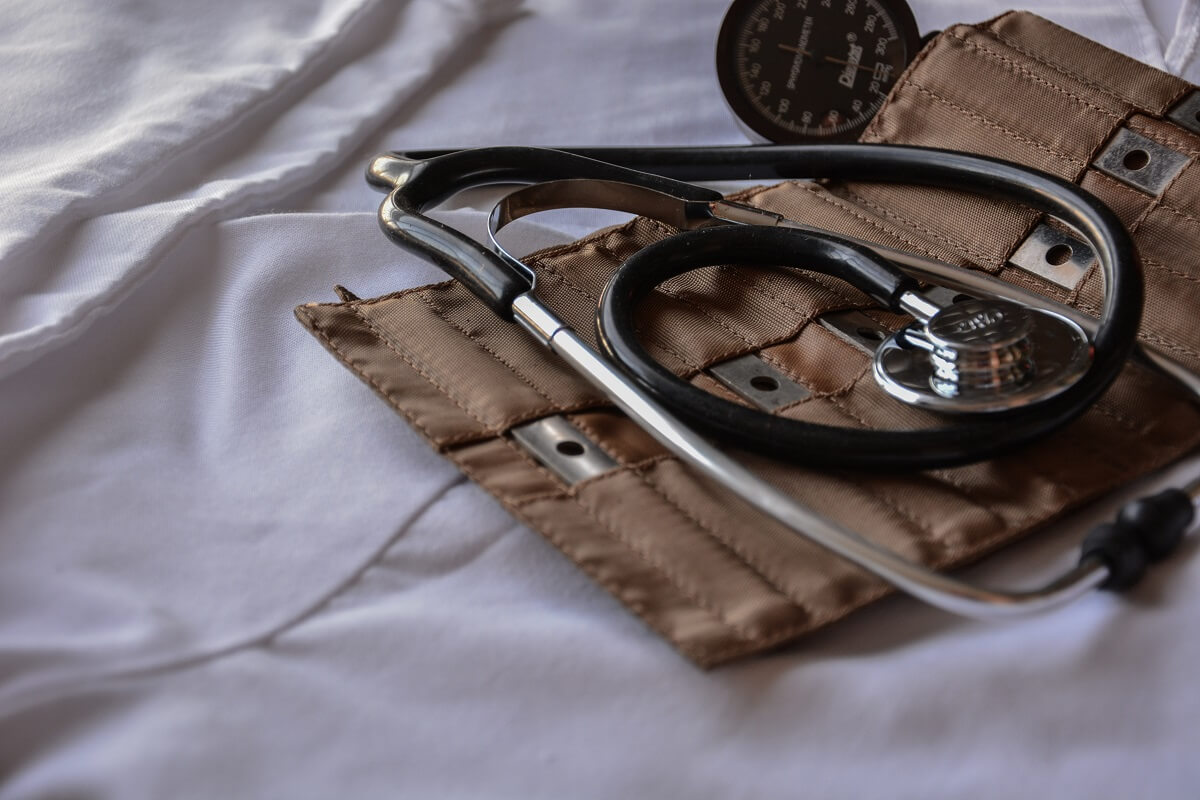“There is new hope for the most severe patients with nasal polyps, in whom surgery is not the answer,” Dr. Claus Bachert, from Ghent University Hospital, Ghent, Belgium, told Reuters Health by email. “The drug was well tolerated. Future studies should tell us more about optimal dosing regimens, but it seems likely that surgery can be avoided by long-term treatment.”
Surgical excision is considered when polyps and their associated symptoms persist despite medical treatment, but recurrence rates approach 50% in some patients. Dupilumab, which inhibits signaling of interleukin-4 (IL-4) and IL-13, two cytokines implicated in type 2 helper-T-cell-mediated inflammation, has been shown to improve sinonasal symptoms in patients with asthma.
Dr. Bachert and colleagues from 13 sites in Europe and the U.S. investigated whether the addition of subcutaneous dupilumab injections to intranasal corticosteroids would improve disease activity in patients with chronic sinusitis and nasal polyposis.
Sixty patients were randomly assigned to receive either subcutaneous dupilumab or matched placebo weekly for 16 weeks, during which mometasone furoate nasal spray was continued at a stable dose.
Fifty-one patients (23 in the placebo group and 28 in the dupilumab group) completed the study, according to the February 2 JAMA report.
The mean improvement in the endoscopic nasal polyp score was significantly greater with dupilumab than with placebo, and significantly more patients in the dupilumab group (70%) than in the placebo group (20%) experienced an improvement of at least one point in the nasal polyp score.
Compared with patients in the placebo group, dupilumab-treated patients experienced significantly greater improvements in the Lund-Mackay CT total score and in the morning peak nasal inspiratory flow rate.
Quality of life and daily symptom scores improved to a significantly greater extent with dupilumab than with placebo.
Patients treated with dupilumab also experienced improved lung function and asthma control, as well as decreases in total serum IgE, serum TARC (thymus and activation-regulated chemokine), and plasma eotaxin-3.
“For the moment, the drug is not yet registered for the treatment of asthma or nasal polyps,” Dr. Bachert said. “Once this is achieved, I would argue that patients not controlled with current treatment options, including nasal glucocorticosteroids and sinus surgery, should be eligible for this treatment.”
“We are also working on biomarkers that allow us to predict the prognosis of disease and the therapeutic response to specific biologics,” he said. “With those markers, we could optimize the management of polyp disease from the first contact with the patient.”
Dr. Whitney W. Stevens, from Northwestern University Feinberg School of Medicine’s division of allergy-immunology, Chicago, told Reuters Health by email, “Dupilumab is a very promising new biological that could significantly improve the treatment of chronic rhinosinusitis with nasal polyposis (CRSwNP) patients with difficult to manage disease.”
“Given the cost and dosing requirements, it is unclear if dupilumab will replace the first-line therapies currently available for treating CRSwNP,” she said.
Last year, industry analysts estimated that a year’s course of dupilimab for treating atopic dermatitis would cost $15,000 to $20,000.
“However,” Dr. Stevens continued, “the true strength of this new drug will be in treating the large number of difficult-to-manage CRSwNP patients with refractory disease, especially those with comorbid asthma.”
“Longer studies are needed to examine if dupilumab could prevent sinus surgeries or how, if initiated soon after sinus surgery, the course of disease could be impacted,” Dr. Stevens said. “Finally, there is a subset of CRSwNP patients who do not have eosinophilic disease and thus it is unclear if dupilumab will be as effective in this patient population.”
Sanofi and Regeneron Pharmaceuticals sponsored the trial, employed 11 of the 19 authors, and had various relationships with five other authors, including Dr. Bachert.
